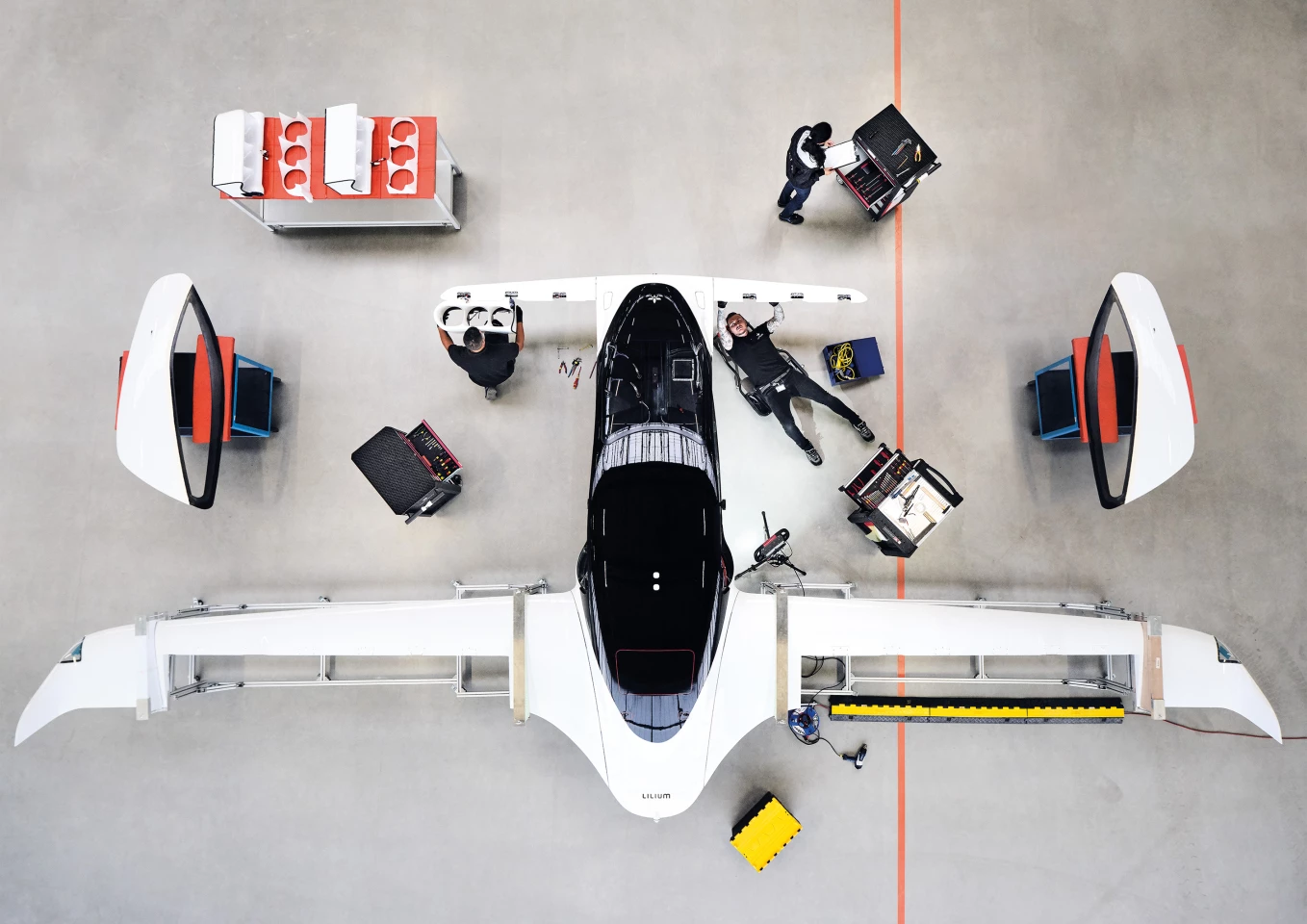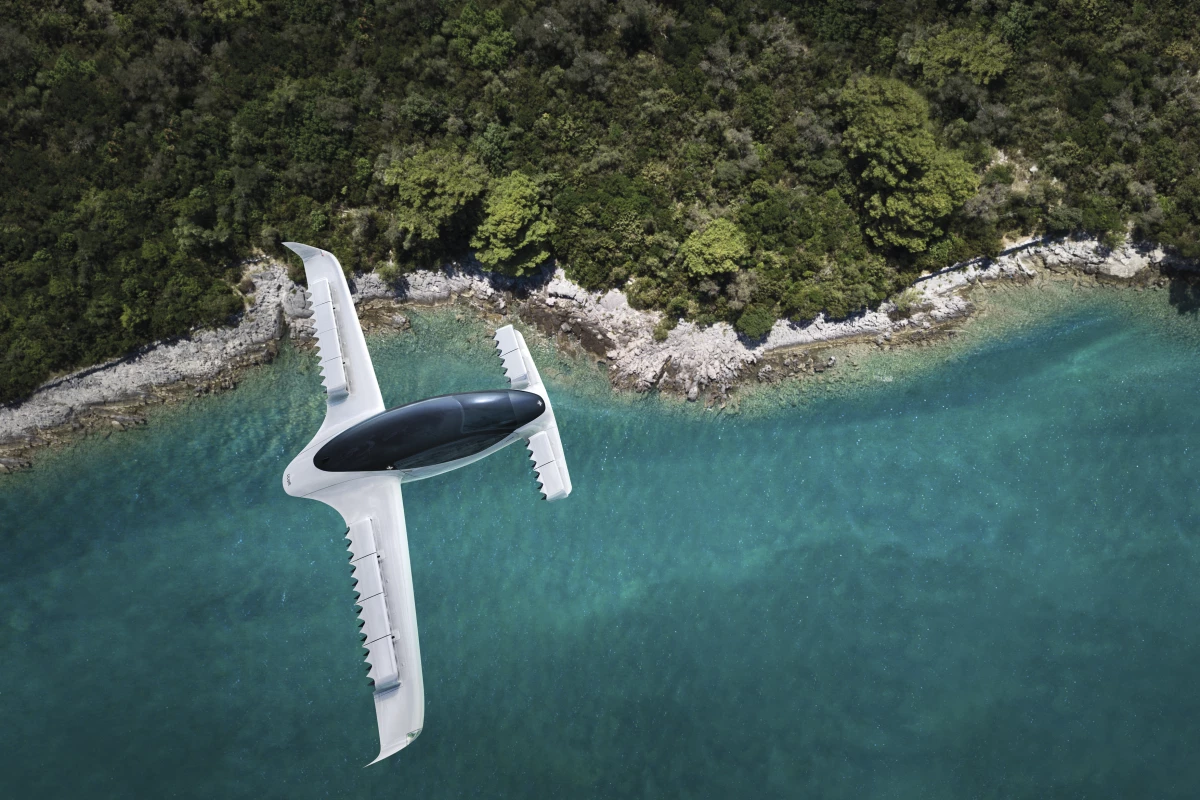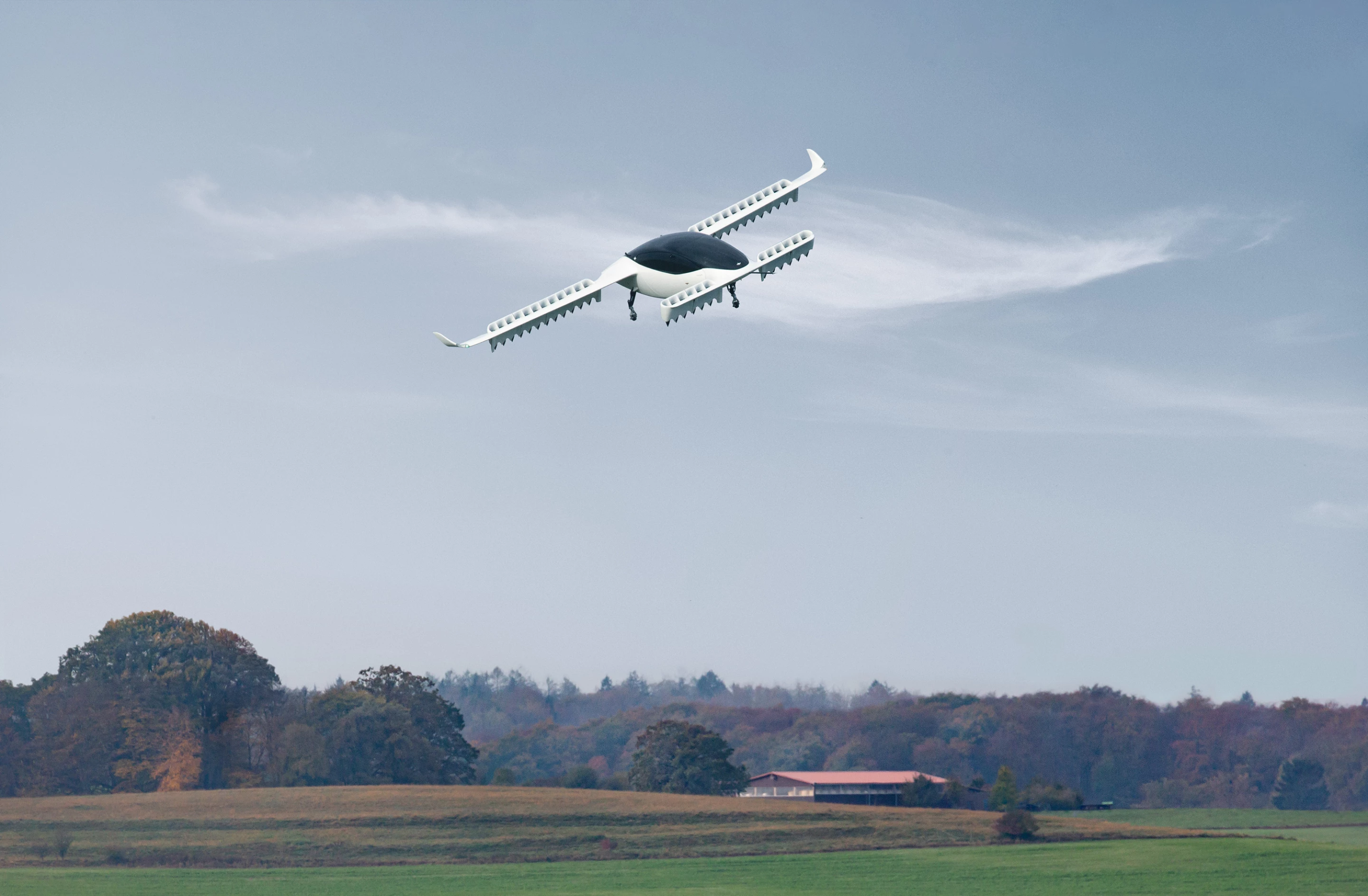Like a number of others in the field, German startup Lilium is out to shake up the world of aviation with an all-electric air taxi, and has just picked up a little more momentum by way of an additional US$35-million investment. This latest injection of cash comes courtesy of a major investor in Tesla, SpaceX and other technology success stories, and will give the company fresh drive as it aims to usher in a new era of emission-free air travel by midway through the decade.
We've been following the progress of Lilium since it first spun out of a business incubator at the European Space Agency in 2016. In the years since we've seen a two-seat prototype take flight for the first time, followed by a full-scale five-seater version that went on to perform some impressive airborne maneuvers in late 2019.
Ultimately, Lilium hopes to offer fast and efficient air travel for folks wishing to travel distances of up to 300 km (186 mi), at Uber-like prices. The aircraft relies on 36 small electric jets that rest on tilting banks set along the wings, which enable it to take off and land vertically and, when positioned horizontally, propel the vehicle along at cruise speeds of up to 300 km/h (186 mph).
Back in 2017, Lilium attracted $90 million in funding with Chinese internet giant Tencent among the big-name investors. This year the company has again been busy gathering cash, revealing another internal funding round of $240 million, and today announced the completion of that funding round with investment firm Baillie Gifford now onboard.

With a portfolio featuring Amazon, Tesla, Airbnb, Spotify and SpaceX, Baillie Gifford’s $35 million investment in Lilium is considered a big show of faith in the direction of the company, which has now raised more than $375 million in total.
“Baillie Gifford is one of the world’s most influential tech investors and their commitment to Lilium represents a significant vote of confidence in both our physical product and our business case,” says Christopher Delbrück, Chief Financial Officer, Lilium.
Lilium says the money will be used to continue developing and manufacturing the Lilium Jet, along with building out the facilities and procedures for serial production. The company plans to be carrying passengers by 2025, with Head of Communications Oliver Walker-Jones telling us in an interview last year that he expects Lilium to be fully commercially operational in two or three cities by that time.
Source: Lilium






